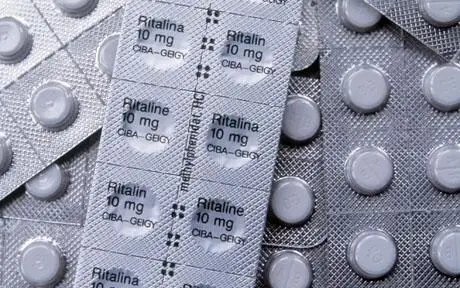What if 20 minutes of sleep could make you smarter, sharper, and more productive?
Power naps aren’t just for kids or sleep-deprived workers—they’re a scientifically proven method for enhancing mental clarity, memory, and focus. Studies show that even a brief nap can improve learning, problem-solving, and emotional regulation.
Let’s explore how power naps affect brain function and why they might be the ultimate biohack for peak mental performance.
1. Power Naps and Cognitive Function
A power nap typically lasts 10 to 30 minutes and helps prevent sleep inertia—the grogginess that follows longer naps.
🔹 20-minute naps improve alertness by 54% (NASA, 1995)
🔹 Memory recall improves by 30-40% after a short nap (Mednick et al., 2003)
🔹 Reduces mental fatigue, allowing for better focus and creativity (Dhand & Sohal, 2006)
💡 Analogy: Think of your brain like a computer—naps are like hitting the refresh button, clearing mental clutter and improving performance.
2. The Science of Naps: Brain Waves and Clarity
Power naps allow the brain to cycle through light sleep stages, activating key cognitive processes.
🔹 Stage 1 (1-5 min): The brain shifts into alpha waves, linked to relaxation and creativity.
🔹 Stage 2 (5-20 min): The brain produces sleep spindles, which consolidate memory and learning (Gais et al., 2006).
🔹 Longer naps (>30 min): Can cause deep sleep, leading to grogginess upon waking.
💡 Analogy: A short nap is like clearing background apps on your phone, freeing up mental space for better performance.
3. Napping and Neurotransmitters: A Natural Mental Reset
Power naps help balance key neurotransmitters responsible for focus, mood, and mental clarity.
🔹 Increases dopamine, enhancing motivation and pleasure (Dinges et al., 1997).
🔹 Lowers cortisol, reducing stress and anxiety (Faraut et al., 2011).
🔹 Boosts acetylcholine, improving learning and attention span (Mednick et al., 2008).
💡 Analogy: A nap is like resetting a scrambled radio signal, bringing clarity and focus back to the mind.
4. Power Naps vs. Caffeine: Which Is Better?
While caffeine provides an instant energy boost, power naps offer longer-lasting cognitive benefits.
| Effect | Power Nap | Caffeine |
|---|---|---|
| Alertness Boost | ✅ Strong | ✅ Moderate |
| Memory Enhancement | ✅ High | ❌ No Effect |
| Stress Reduction | ✅ Yes | ❌ Increases Cortisol |
| Long-Term Benefits | ✅ Improves Brain Health | ❌ Temporary Fix |
🔹 A 10-minute nap is more effective than 200 mg of caffeine for sustained alertness (Horne & Reyner, 1996).
💡 Pro Tip: Combine both! Drink coffee, then nap for 20 minutes—the caffeine kicks in just as you wake up, amplifying mental clarity.
5. How to Take the Perfect Power Nap
- Time It Right: 10-20 minutes is optimal for clarity.
- Nap Before 3 PM: Late naps may interfere with nighttime sleep.
- Find a Quiet Spot: Use an eye mask and noise-canceling headphones.
- Use a Nap Alarm: Prevents oversleeping and grogginess.
💡 Bonus Hack: If you can’t nap, even resting with your eyes closed for 5 minutes can boost mental clarity (Rasch & Born, 2013).
Final Thought: The Mind’s Quick Recharge
Power naps are an easy, free, and science-backed way to boost memory, focus, and overall brain function. Whether you need to push through a workday, enhance creativity, or improve learning, a short nap can be a game-changer for mental clarity.






















